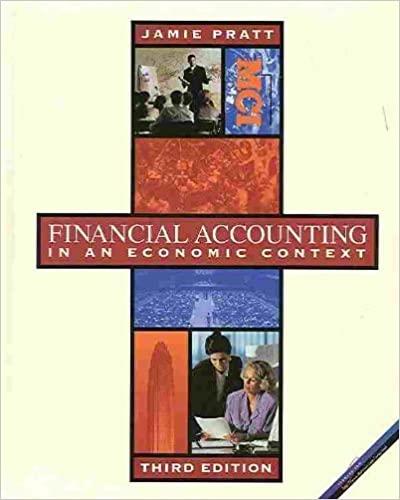Question
A screener is assigned to assess whether a tax filing is legal or not. If they decide a filing is not legal, they pass it
A screener is assigned to assess whether a tax filing is legal or not. If they decide a filing is not legal, they pass it to an auditor who investigates the case in detail. Suppose a detailed investigation costs, on average, $200 and, if the filing is not legal, the tax office recovers, on average, $2,500 in owed taxes. Among legal tax filings, the screener sends them to the auditor anyway 10% of the time, while for illegal filings, the screener sends them to the auditor 95% of the time. History suggests about 1% of tax filings are not legal.
a) If all filings were audited, the recovery would be ($2,500 $200)(0.01) + ($200)(0.99) = $175 per filing (making blanket auditing highly non-profitable). Using the screeners decisions, what is the expected recovery for a filing?
b) In terms of increasing expected net recovery, is it more beneficial to improve the screeners ability to correctly detect legal files or illegal files?
Step by Step Solution
There are 3 Steps involved in it
Step: 1

Get Instant Access to Expert-Tailored Solutions
See step-by-step solutions with expert insights and AI powered tools for academic success
Step: 2

Step: 3

Ace Your Homework with AI
Get the answers you need in no time with our AI-driven, step-by-step assistance
Get Started


